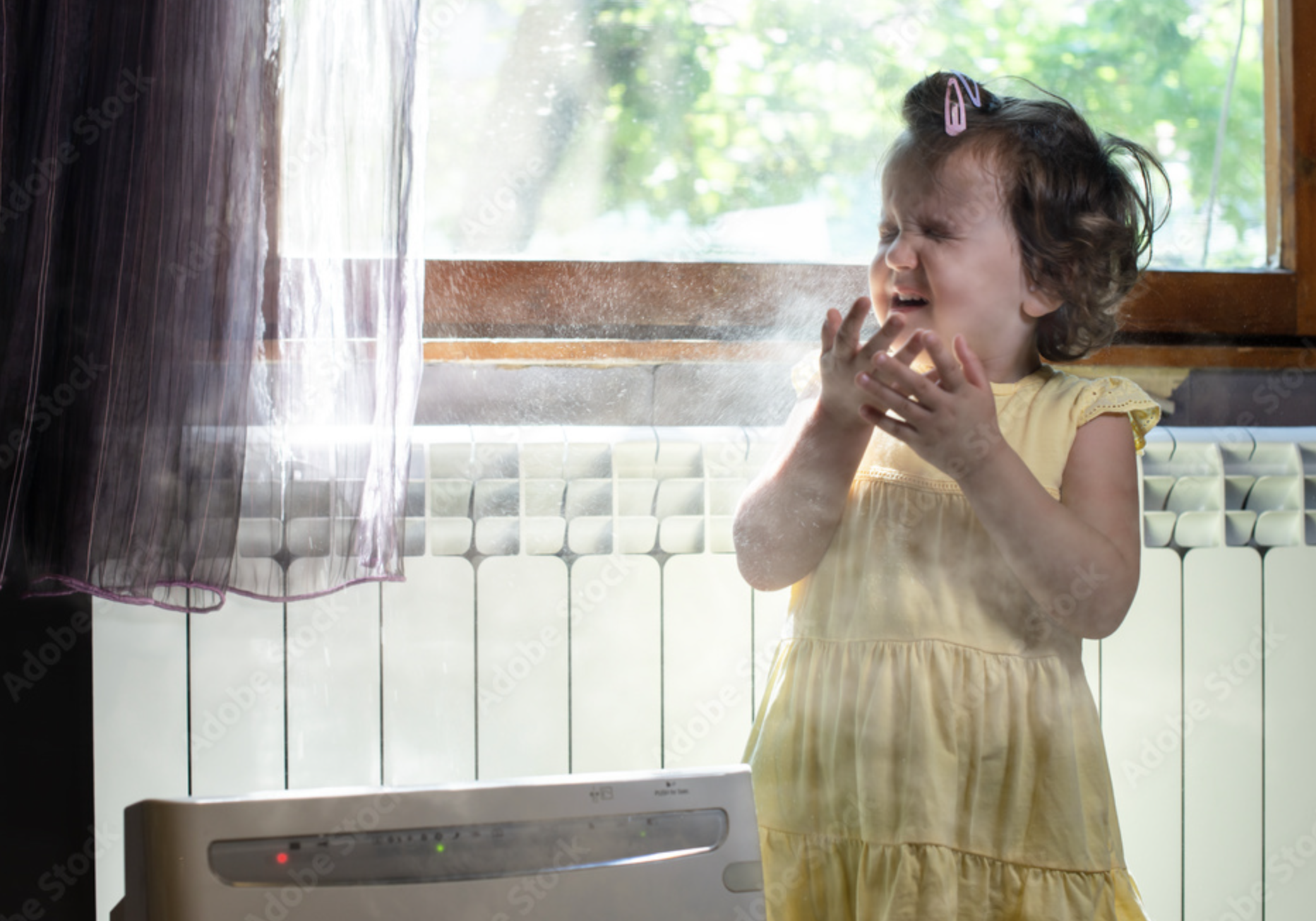Introduction
Dubai, a vibrant city known for its iconic skyline and rapid development, also grapples with environmental challenges, among which pollution is a significant concern. Many wonder, is pollution high in Dubai? How is the air quality? In this article, we delve into these critical questions and explore the broader environmental implications.
The Different Types of Pollution
Dubai faces multiple types of pollution, including air, noise, and light pollution. Air pollution is considered the most detrimental due to its direct impact on human health and the environment.
Air Pollution in Dubai
Air pollution in Dubai primarily stems from vehicle emissions, industrial activities, dust, and sandstorms. Among these, vehicle emissions and dust significantly contribute to the air quality issues.
Particulate Matter and Gaseous Pollutants
The air pollution in Dubai mainly consists of particulate matter (PM2.5 and PM10) and gaseous pollutants like nitrogen dioxide (NO2), sulfur dioxide (SO2), and ozone (O3). These pollutants can have severe health impacts, affecting the respiratory and cardiovascular systems.
Measuring Air Quality in Dubai
The Air Quality Index (AQI)
The Air Quality Index (AQI) is a universally recognized tool for assessing air quality. It considers several pollutants to give an overall measure of air quality. Dubai's AQI varies throughout the year, often increasing during summer months due to dust and sandstorms.
Real-Time Air Quality Monitoring
Dubai's Municipality conducts real-time air quality monitoring through a network of stations across the city. This data is publicly accessible, allowing residents to stay informed about the air quality in their locality.
Health Implications of Air Pollution
Health Risks Associated with Poor Air Quality
Long-term exposure to air pollution can lead to a range of health problems. These include respiratory conditions like asthma and bronchitis, cardiovascular diseases, and in severe cases, premature death.
Vulnerable Groups
Certain groups are more susceptible to air pollution, including children, elderly people, and those with pre-existing health conditions. These groups require special attention when air pollution levels are high.
Tackling Air Pollution in Dubai
Government Initiatives
The government of Dubai has undertaken several initiatives to address the city's pollution problem. These include strict emission standards for vehicles, regulation of industrial activities, and promotion of cleaner energy sources.
Public Awareness and Education
Public awareness campaigns play a crucial role in combatting pollution. Through education, individuals can understand the impacts of pollution and learn ways to reduce their environmental footprint.
Sustainable Solutions for Air Pollution
Green Urban Planning
Green urban planning can significantly mitigate pollution. This includes the integration of green spaces in urban areas, promotion of public transportation, and design of buildings for energy efficiency.
Adoption of Renewable Energy
Dubai has shown strong commitment towards renewable energy. The Mohammed Bin Rashid Al Maktoum Solar Park, one of the largest solar parks in the world, is a testament to this commitment.
Conclusion
While pollution levels in Dubai are a concern, it's important to note the significant strides the city is making towards improving air quality. Through a combination of governmental initiatives, public education, green urban planning, and adoption of renewable energy, Dubai continues to address its pollution challenges head-on. Residents and visitors must stay informed about the air quality and take necessary precautions, especially during periods of high pollution. Ultimately, the city's efforts serve as a blueprint for other fast-growing cities facing similar environmental challenges.


